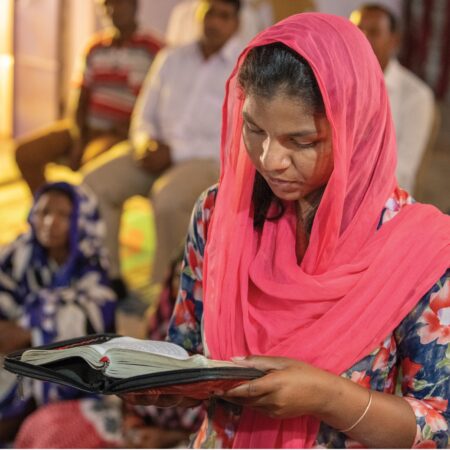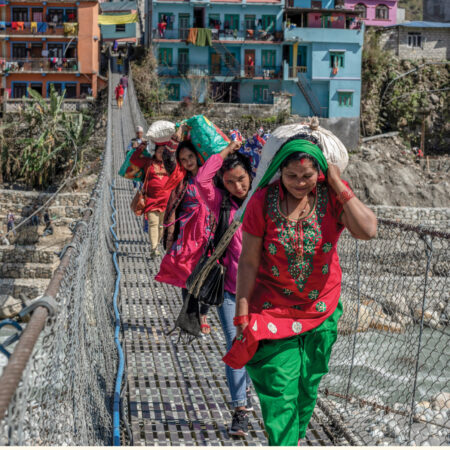Born as a Dalit, a member of India’s lowest caste, Ajit had endured his share of beatings simply for being an “untouchable.”
He first heard the gospel after accepting a pastor’s repeated invitations to church, where he was attracted to the singing and prayers of the people. Later, when a street preacher again shared the gospel with him, Ajit placed his faith in Jesus Christ.
Members of the panchayat, or local government, immediately told him to stop following Christ and return to Hinduism. When he refused, his picture was published in the paper along with that of the street evangelist, and they were told to stop converting people.
Days later, a group of Hindus came to Ajit’s house and threatened him. The leader held a gun to his head, saying, “You need to stop what you are doing or I will kill you.” Though the police intervened, Ajit was expelled from the village.
Today, Ajit continues to boldly live out his faith. He pastors a church of 200 people and has helped start four additional churches. “His testimony is really encouraging,” a VOM worker said. “God used the discrimination he experienced as a Dalit Hindu to bring him to Christ.”



